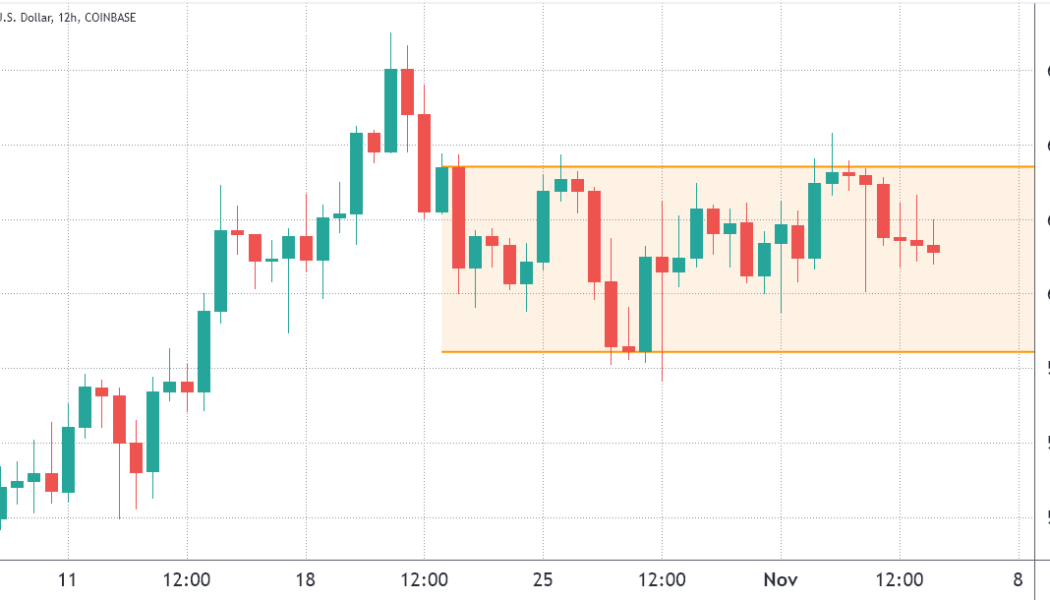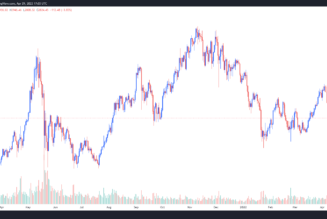Bitcoin (BTC) traders appear undecided on the next step and this is reflected in the price oscillating between $58,400 and $63,400 over the last 14 days. There are some bearish signals coming from the United States regulatory front, but at the same time,the Bitcoin exchange-traded funds (ETF) surpassing $1.2 billion in assets under management has also boosted investors’ expectations.

A Nov. 5 CryptoQuant report confirmed that whales have accounted for most selling pressure in recent days. The on-chain monitoring resource focused its attention on the “exchange whale ratio” — the percentage of inflows coming from the largest wallets — and showed a clear increase from the middle of October until today.
Moreover, on Nov. 1, the U.S. Treasury Department urged Congress to act promptly to enact legislation to ensure that payment stablecoin issuers are regulated similarly to the U.S. banks. In practice, the report recommends that stablecoins should be issued only through “entities that are insured depository institutions.”
Still, institutional money managers managed to add $2 billion worth of Bitcoin through mutual funds in October. According to the Oct. 31 CoinShares flow report, ProShares Bitcoin Strategy ETF, which launched officially on Oct. 19, accounted for $1.2 billion in inflow.
Options allow traders to bet on bullish and bearish moves
Contrary to popular belief, derivatives markets were not designed for gambling and excessive leverage. Derivatives trading has been around for more than five decades and institutional traders have been shifting their attention — and volume — to cryptocurrency over the past couple of years.
The subject became the centerpiece on July 7, as Bloomberg reported a $4.8 million options trading gain from the husband of Nancy Pelosi, the Speaker of the U.S. House of Representatives. In a July 2 financial disclosure, Paul Pelosi reported exercising call options to acquire 4,000 shares of Alphabet, Google’s parent company, at a strike price of $1,200.
Options trading presents different opportunities for investors seeking to profit from increased volatility, maximizing gains if the price remains in a specific range, or obtaining protection from sharp price drops. Those complex trades involving more than one instrument are known as options structures.
How to limit losses and keep unlimited gains
For those unfamiliar with options trading, Cointelegraph previously published an article detailing all of the ins and outs of options, including the benefits over futures contracts trading.
To hedge losses from unexpected price swings, one can use the “risk reversal” options strategy. The investor benefits from being long on the call options, but pays for those by selling the put. Basically, this setup eliminates the risk of the stock trading sideways but does come with substantial risk if the asset trades down.

The above trade focuses exclusively on Dec. 31 options, but investors’ will find similar patterns using different maturities. First, one needs to buy protection from a downside move by buying 2.45 BTC puts (sell) $44,000 options contracts.
Then, the trader will sell 2 BTC put (sell) $54,000 options contracts to net the returns above this level. Finally, buying 2.20 call (buy) $85,000 options contracts for positive price exposure.
That options structure results in no gain or loss between $54,000 (down by 11.5%) and $85,000 (up by 39%). In doing this, the investor is betting that Bitcoin price on Dec. 31 at 8:00 am UTC will be above that range while gaining exposure to unlimited gains and a maximum BTC 0.455 loss.
There is no cost associated with this options structure, but the exchange will require a margin deposit to cover potential losses. Keep in mind that the minimum options trade on most derivative exchanges is 0.10 BTC contract.
The views and opinions expressed here are solely those of the author and do not necessarily reflect the views of Cointelegraph. Every investment and trading move involves risk. You should conduct your own research when making a decision.










